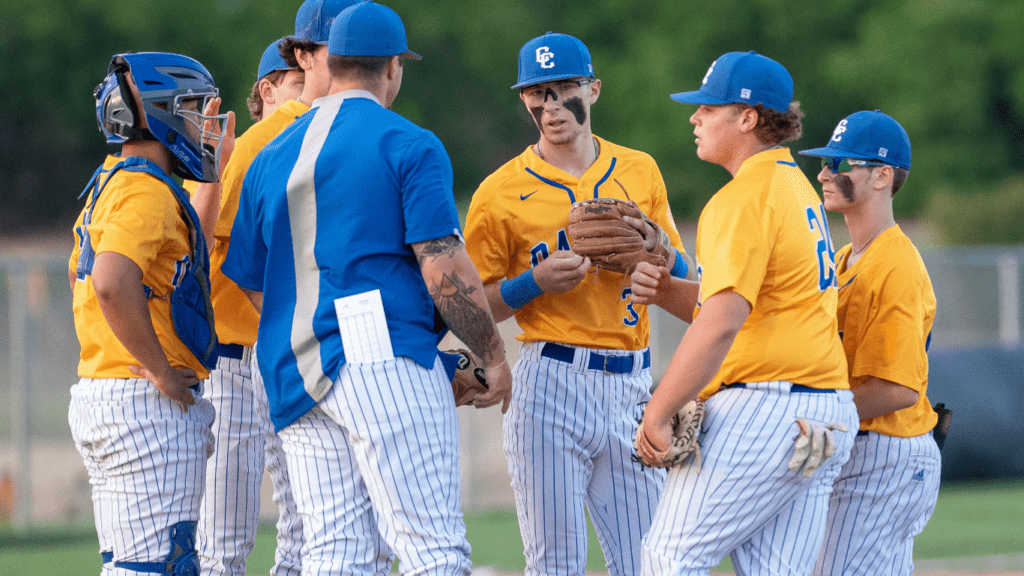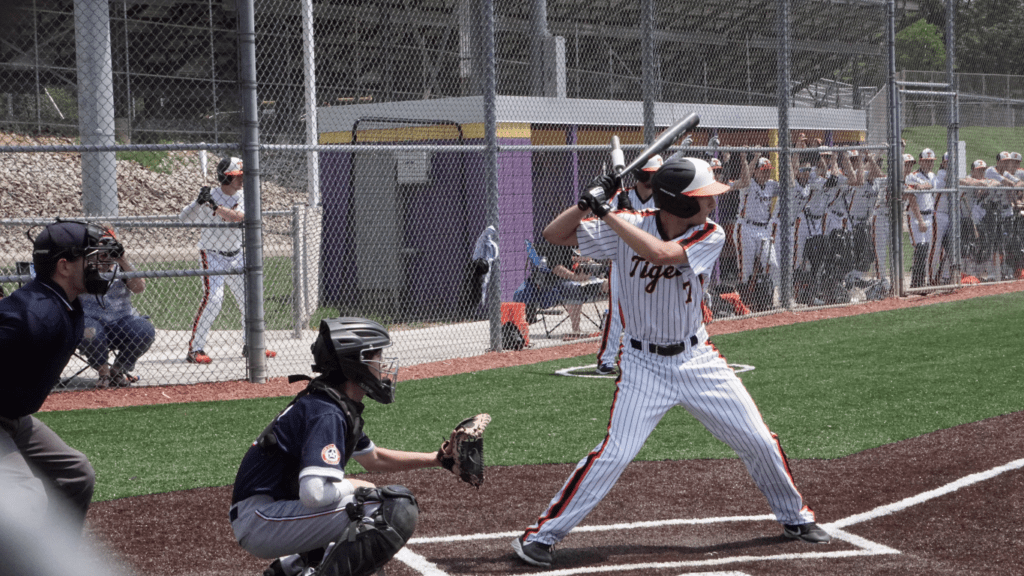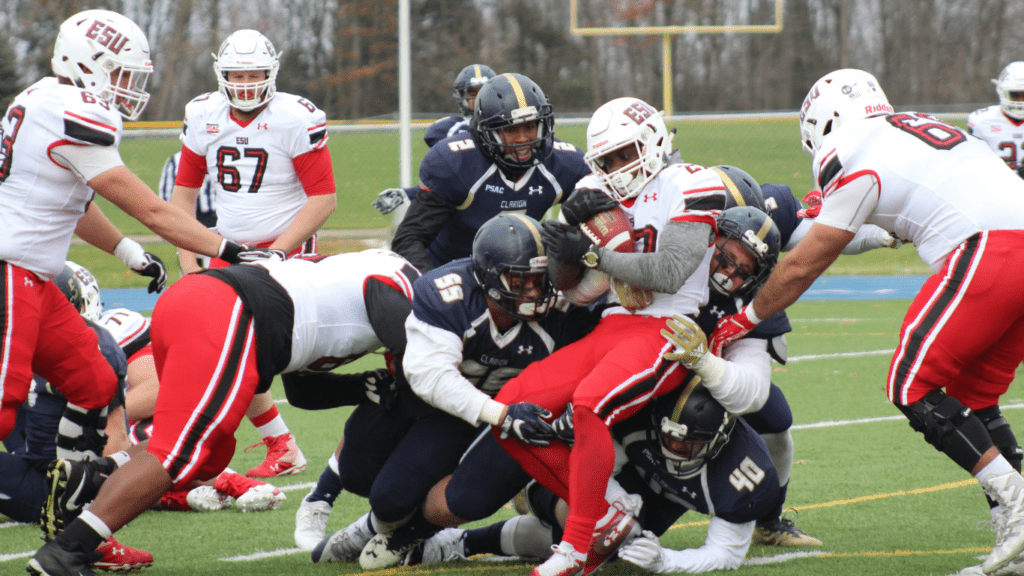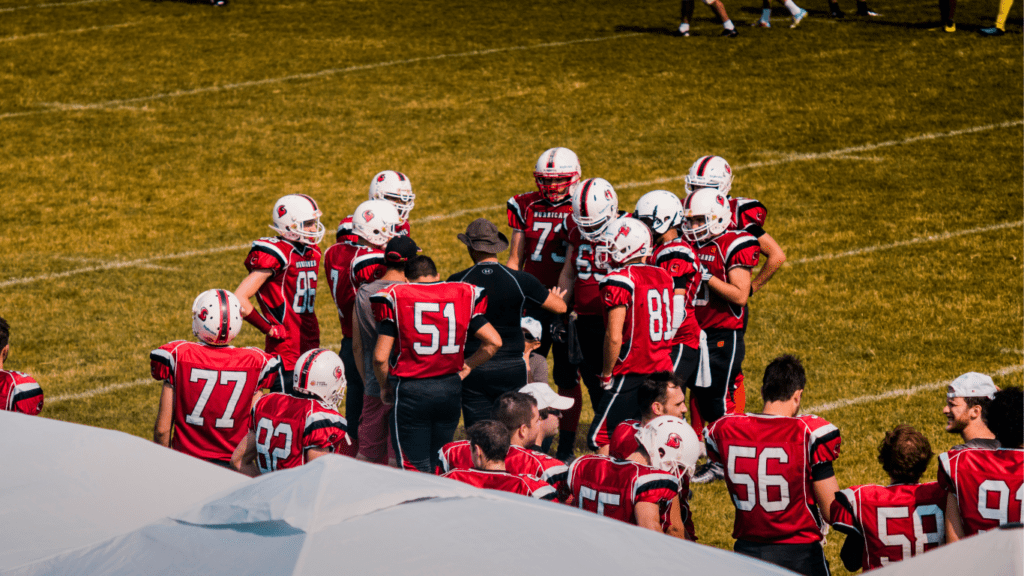Overview of MLB Postseason
Major League Baseball’s postseason structure consists of several rounds, starting with the Wild Card games and culminating in the World Series. The structure allows ten teams to compete—five from each league (American League and National League). The format includes three division winners and two Wild Card teams per league.
- Wild Card Round: Single-elimination games decide which Wild Card teams advance to the Division Series. Each league holds one game, bringing an intense and immediate need to perform under pressure.
- Division Series: This best-of-five series includes the Wild Card winners and the three division champions from each league. Performance at this stage is crucial, as it requires strategic rotation management and effective use of the bullpen.
- Championship Series: The best-of-seven ALCS and NLCS determine which teams face off in the World Series. Momentum becomes critical here, where a strong finish in the regular season can be crucial.
- World Series: Also a best-of-seven series, the World Series decides the MLB champion. Teams that capitalize on their postseason momentum often find success, reflecting the league’s unpredictable nature.
Each stage can turn the tides due to strategic play, key injuries, and player performance. Factors like home-field advantage and playoff experience further impact team dynamics, influencing the outcome of each game.
Analyzing the Strongest Teams

In the MLB postseason, a few teams stand out as the strongest contenders due to their overall performance and strategic play. Let’s examine the key players and recent performances that make these teams formidable.
Key Players to Watch
Top teams, like the Los Angeles Dodgers and Houston Astros, have players with outstanding abilities. Mookie Betts of the Dodgers, with his exceptional on-base percentage and leadership skills, often influences critical game outcomes. José Altuve of the Astros delivers consistently high batting averages and crucial hits under pressure. These players perform best in high-stakes situations, making them pivotal to their teams’ success.
Recent Performances and Statistics
Recent statistics reveal crucial insights into which teams possess the momentum needed to win. The Atlanta Braves, with an impressive team ERA of 3.50 in the last month, showcase formidable pitching power. The New York Yankees’ offensive lineup, generating 5.3 runs per game lately, adds consistent pressure on opponents. Evaluating these numbers highlights not just individual strengths but the cohesive team dynamics crucial for postseason victories.
Dark Horse Contenders
Some teams show potential despite not being favorites. These underdogs capitalize on current momentum to aim for an unexpected victory in the MLB postseason.
Teams Flying Under the Radar
Several teams possess the ability to surprise this postseason. The Miami Marlins, with an underrated pitching staff, demonstrated their prowess by winning critical late-season games. The Arizona Diamondbacks, often overshadowed by division rivals, used a blend of young talent and veteran leadership to secure playoff wins. Both teams focus on strong strategy and resilience, traits that can lead to postseason surprises.
Surprising Factors Contributing to Momentum
Unexpected elements boost certain teams’ momentum. Key injuries in opposing lineups can provide a competitive edge for these dark horses. Exceptional performances from overlooked players, like clutch hitting or unexpected defensive plays, create defining moments. Additionally, lesser-known managers often make bold, successful strategy calls. These factors culminate in an advantageous position, giving these teams a legitimate shot at the title.
Impact of Injuries and Trades
Injuries and trades significantly affect team dynamics during the MLB postseason. They can shift momentum and alter championship prospects.
Notable Injuries Affecting Teams
Injuries to key players often disrupt a team’s postseason run. The New York Yankees face challenges with Aaron Judge’s absence due to his wrist injury. The Philadelphia Phillies also suffer as Bryce Harper contends with ongoing back issues. These absences put pressure on teams to adjust their strategies and find replacements capable of shouldering the load.
Midseason Trades Shaping Teams’ Chances
Midseason trades can boost or undermine a team’s momentum. The Houston Astros benefit from acquiring Justin Verlander, whose veteran presence strengthens their pitching rotation. Meanwhile, the San Francisco Giants made strategic moves, such as acquiring a consistent hitter to improve their offensive lineup. Trades like:
- aim to fill skill gaps
- enhance team synergy
- provide a competitive edge in high-stakes situations
Home Field Advantage
Home field advantage significantly influences MLB postseason outcomes. Teams playing at their home stadium enjoy familiar settings, which boost player confidence and comfort. For instance, the Los Angeles Dodgers maintain a strong home record at Dodger Stadium, benefiting from fan support and knowledge of the field’s nuances.
The acoustics and atmosphere of home venues create a challenging environment for visiting teams. The Houston Astros, playing at Minute Maid Park, often capitalize on this, using crowd energy to sway game momentum in their favor.
Travel fatigue also impacts visiting teams, especially in series involving cross-country flights. The New York Yankees and Boston Red Sox face demanding travel schedules, often giving their opponents an edge when playing at home.
Certain stadiums possess unique features that advantage home teams. Fenway Park’s Green Monster can turn routine fly balls into doubles, favoring the Boston Red Sox hitters familiar with its quirks.
In MLB postseason history, teams with home-field advantage in Game 7 win about 55% of the time. While not a guaranteed success, playing at home provides a substantial edge. The advantage, combined with strategic plays and player momentum, often tips the scales in critical games.
Fan Support and Media Influence
Fan support and media influence hold significant sway during MLB postseason. Teams with passionate fan bases often have a psychological edge. For example, the New York Yankees’ fans, known for their fervent energy, create an intimidating atmosphere for opponents. This emotional boost can invigorate players, enhancing their performance in critical games.
Media influence also affects team momentum. Positive media coverage boosts player confidence, while negative narratives can pressure athletes, requiring mental resilience to overcome. The scrutiny surrounding teams like the Los Angeles Dodgers exemplifies how media portrayal can shape public perception and team dynamics.
Social media platforms amplify fan engagement. During postseason, viral moments, such as spectacular plays or controversies, can quickly shift momentum. The involvement of die-hard fans on platforms like Twitter creates real-time dialogue, impacting both team morale and national interest levels.
Endorsement and support from celebrities add another layer of influence. High-profile endorsements, like those seen with the Boston Red Sox, can galvanize teams and attract broader fan base support. These off-field factors, while intangible, play a pivotal role in shaping the ebb and flow of momentum throughout the MLB postseason.


 Founder & Chief Editor
Elaine Griffindorry is the visionary founder and chief editor of Sprint Scoop News. With over 15 years of experience in sports journalism, Elaine has a passion for breaking news, in-depth sports analysis, and insightful coverage of the business side of sports. She launched Sprint Scoop News to offer a fresh perspective on the world of sports, combining cutting-edge reporting with expert commentary on health, fitness, and esports. Elaine’s leadership ensures the site remains a trusted source for sports fans and professionals alike.
Founder & Chief Editor
Elaine Griffindorry is the visionary founder and chief editor of Sprint Scoop News. With over 15 years of experience in sports journalism, Elaine has a passion for breaking news, in-depth sports analysis, and insightful coverage of the business side of sports. She launched Sprint Scoop News to offer a fresh perspective on the world of sports, combining cutting-edge reporting with expert commentary on health, fitness, and esports. Elaine’s leadership ensures the site remains a trusted source for sports fans and professionals alike.
